O início da rua da Consolação está no centro de São Paulo, ao lado da do túnel de acesso para a Radial Leste. Local de trânsito intenso, infindáveis engarrafamentos e por onde passam milhares de pessoas todos os dias.
Essa região, entretanto, já foi considerada um local afastado na cidade e com poucos moradores. Além disso, a estrada era nada aprazível com lama, água estagnada e por onde passavam bois e vacas levando hortaliças para a aldeia de Pinheiros (hoje, bairro de Pinheiros).
Isso foi no idos do século XVI e a estrada tinha vários nomes: “Caminho do Pinheiros”, “Caminho do Aniceto” ou “Estrada dos Taques”. E, assim se manteve até meados do século XVII quando moradores da região encontraram uma imagem de Nossa Senhora da Consolação e decidiram erguer uma igreja de taipa em sua homenagem, em 1799. Rapidamente, a rota passou a ser conhecida como “Rua da Consolação”, nome que se mantém até hoje.
A igreja passou por sua primeira reforma em 1840 e teve papel importante na vida social da região, já que em suas instalações foram atendidos leprosos e doentes de cólera por volta de 1855, quando a irmandade de Nossa Senhora da Consolação e São João Batista foi criada.
A igreja, como hoje a conhecemos, teve sua construção iniciada em 1907, quando então, a antiga foi destruída. Para que a nova igreja fosse maior, um terreno foi adquirido da família Silva Prado ampliando a área.
Com fachada em estilo gótico e interior em estilo românico-bisantino, a igreja ficou pronta em 1959 e o seu altar-mor, feito em mármore e bronze, foi trazido de Paris.
Mas por quê toda essa história? Primeiro pelo óbvio. É a história da nossa cidade e que muitos desconhecem (e me incluo nisso). Segundo porque creio que muitos, se quer, percebem a existência desta igreja, cujo interior é belíssimo. E, terceiro porque com tudo isso, a Igreja Nossa Senhora da Consolação não poderia estar no estado em que se encontra, com paredes descascadas, pinturas envelhecidas e colunas deterioradas. Sem dúvida, uma pena! mas ainda asssim, merece a visita!
________________________________
Consolacao street begins at Sao Paulo city centre, near the access to an important avenue, Radial Leste. This is an area of intense traffic jam and where thousands of people pass by daily.
This region, however, was considered a “very distant area in the city and with few residents”. This street was not even pleasant: mud, stagnant water and besides oxen used to transport vegetables through it to Pinheiros village (nowadays, the district of Pinheiros).
This is what was going on during the 16th century. At that time, the street was known by few different names such as: ”Pinheiros´Route”, “Aniceto´s Route” or “Road of the Taques”. And it remained like this until the middle of 17th century, when some residents of that area found an image of Our Lady of Consolation (Consolacao) and decided to erect a chapel made of wood in Her Honour, in 1799. The name fast changed to Consolacao Street and remains until today.
The chapel went through its first construction upgrade in 1840 and it had an important role in the social life of that neighbourhood. For instance, people infected by leprosy and cholera were treated inside the church. And in 1855 the Brotherhood of Our Lady of Consolation and Saint John Baptist was founded.
The church, as we know it nowadays, had its construction beginning in 1907, when the old one was destroyed and a new piece of land was acquired so the new church be larger.
The new building has a gothic facade style and its interior is decorated following roman-byzantine style. Its high altar is made of bronze and marble and was brought from Paris. The new church construction was finished by 1959.
This whole historical background has three reasons: one, the obvious one, much of us don´t know the history of our own city (and I am one of them). Two, because thousands of people pass in front of this church every single day, but I am almost sure that just a little few pay attention on it, which is a beautiful church, by the way. Three, considering its importance and history, it could not be bad preserved as it is. However, it´s still worth a visit!
a igreja no seu inicio / the first chapel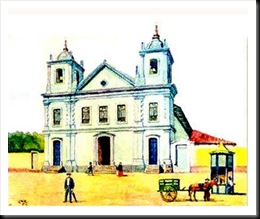
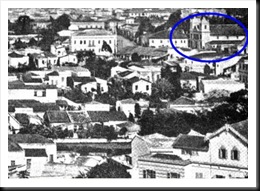 a construção da igreja atual / the construction of the present church
a construção da igreja atual / the construction of the present church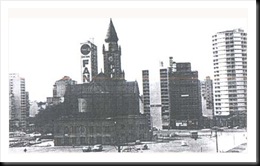 Obs. As imagens acima encontram-se no site da Igreja da Consolação / The images above are from the church website.
Obs. As imagens acima encontram-se no site da Igreja da Consolação / The images above are from the church website.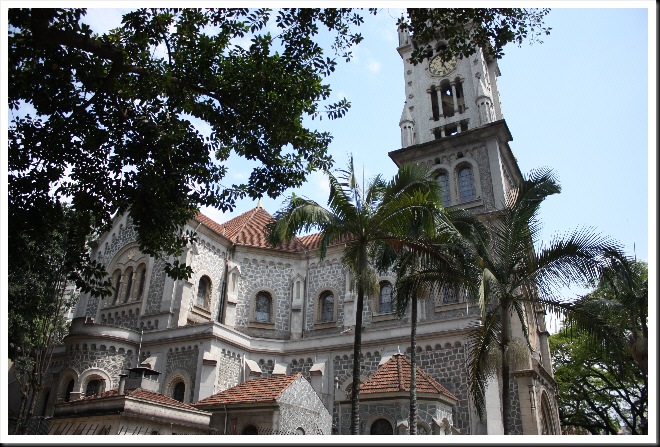
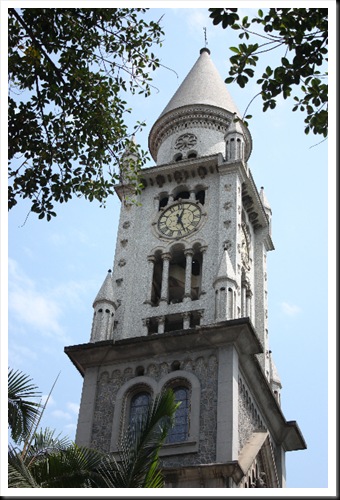
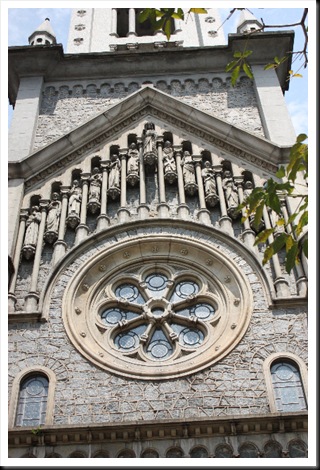
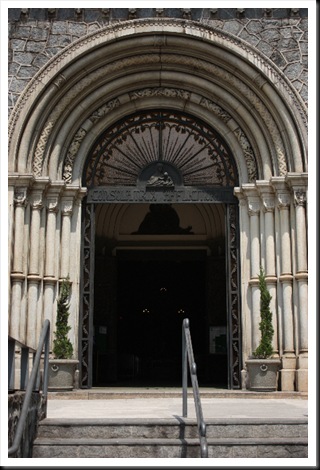
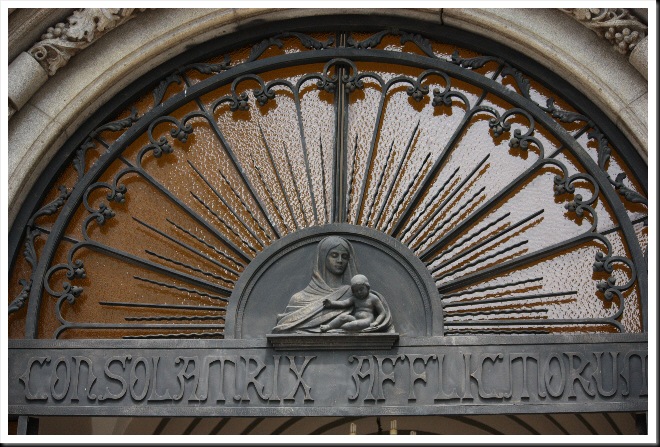 a nave central / the nave
a nave central / the nave
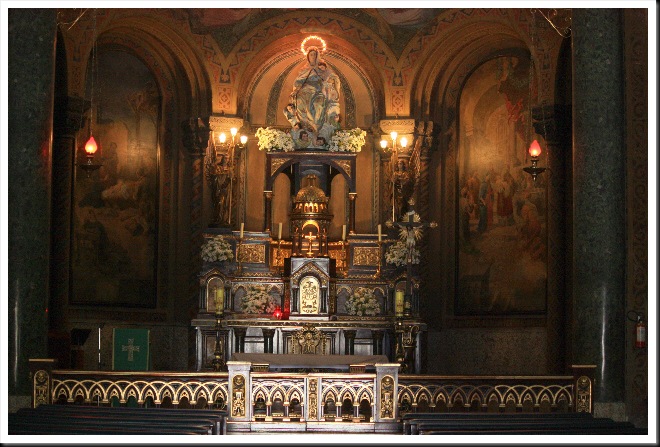
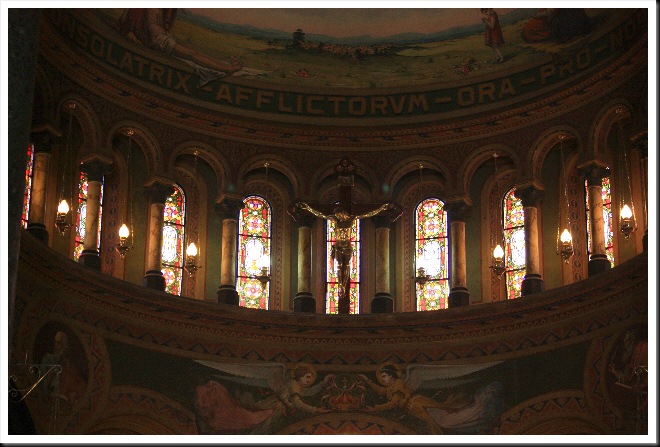
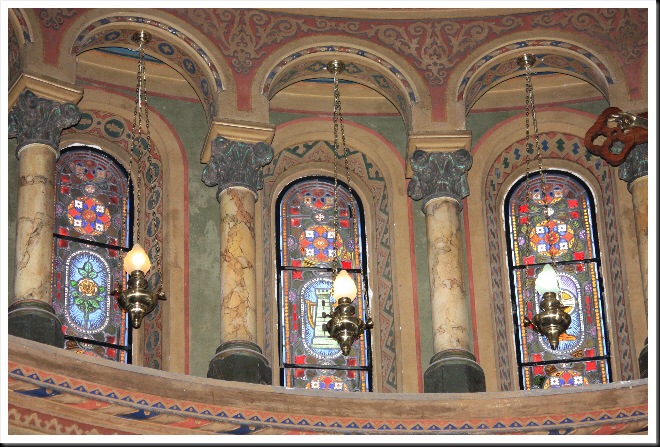 Nossa Senhora da Consolação no teto e no altar / Our Lady of Consolation roof painted and in the high altar
Nossa Senhora da Consolação no teto e no altar / Our Lady of Consolation roof painted and in the high altar
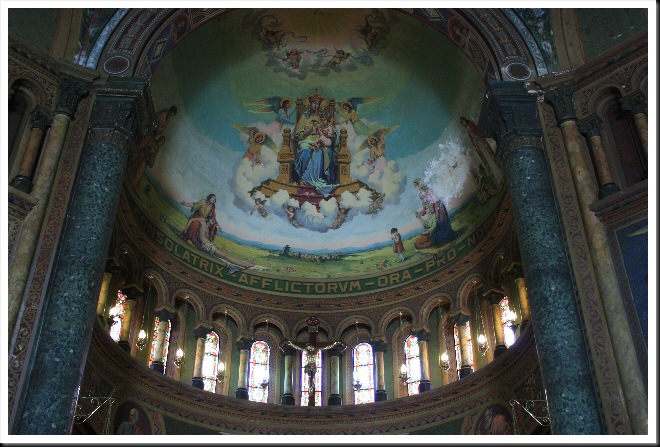



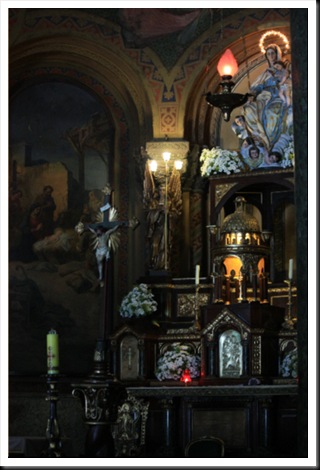
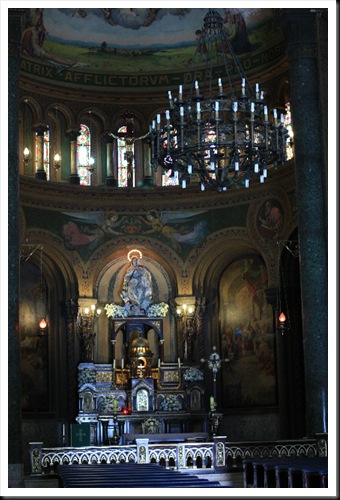

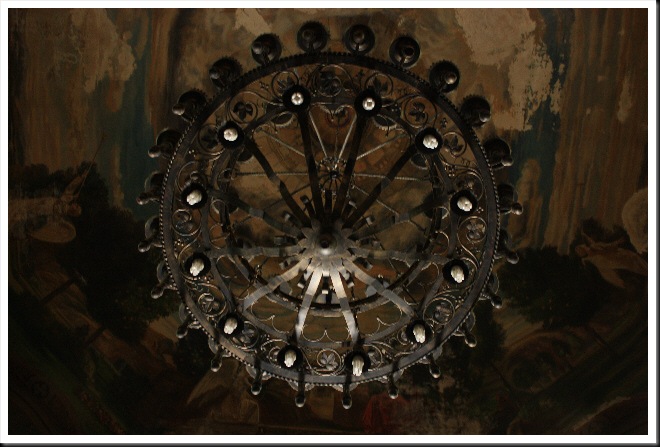 o detalhe do teto seria bonito se não estivesse tão danificado / it would be a beautiful detail if not so bad preserved
o detalhe do teto seria bonito se não estivesse tão danificado / it would be a beautiful detail if not so bad preserved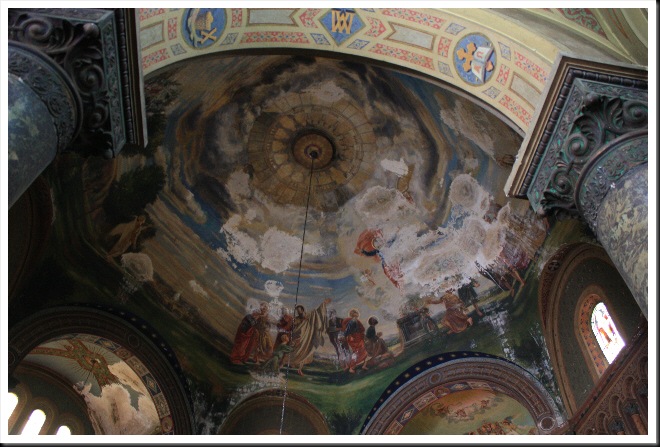 detalhes das paredes / the walls – details
detalhes das paredes / the walls – details 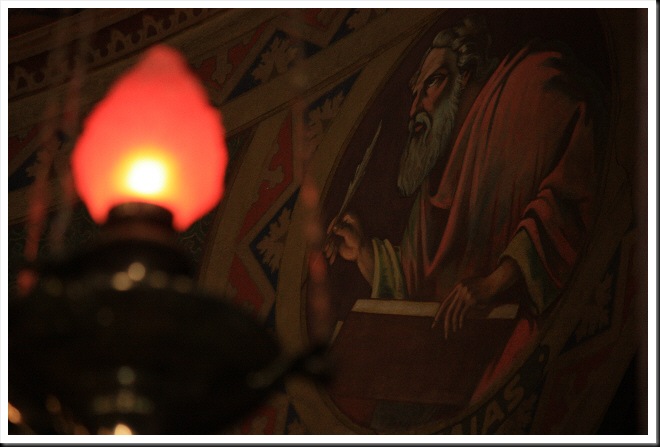
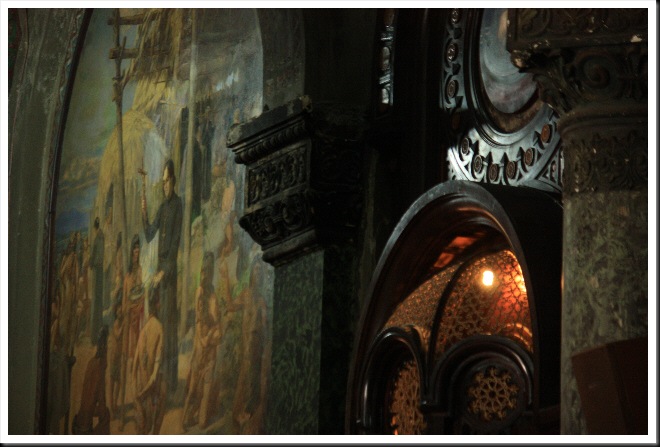
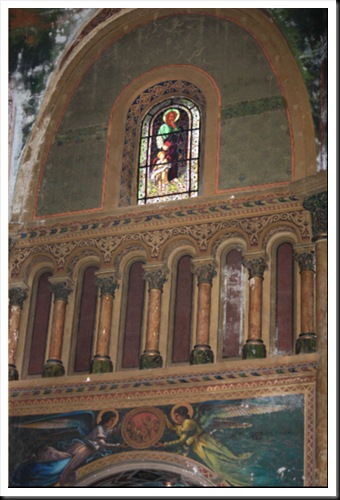


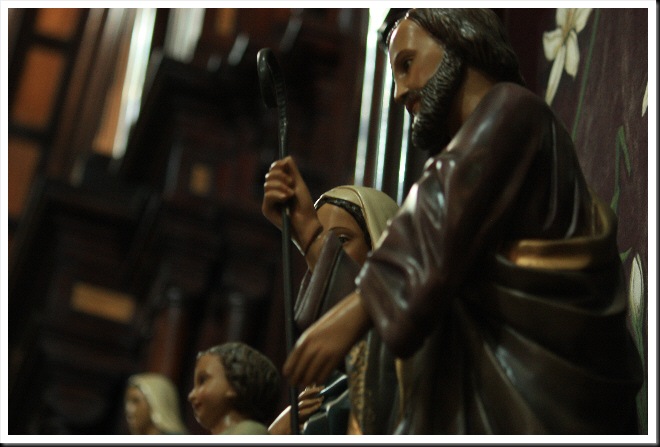


 um detalhe inusitado / unusual image
um detalhe inusitado / unusual image 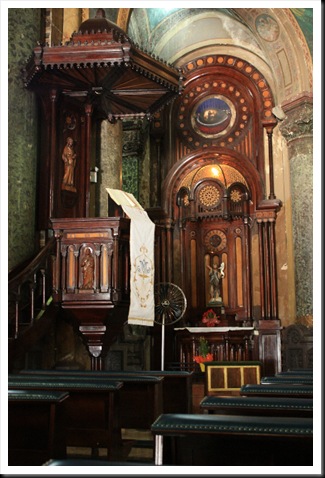
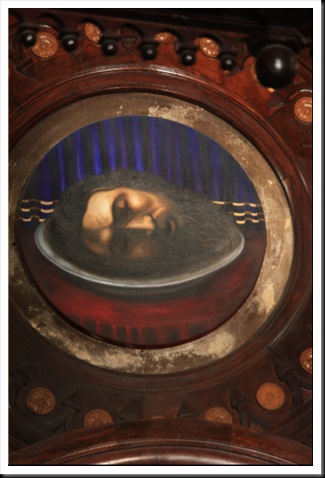 momento de fé / moments of faith
momento de fé / moments of faith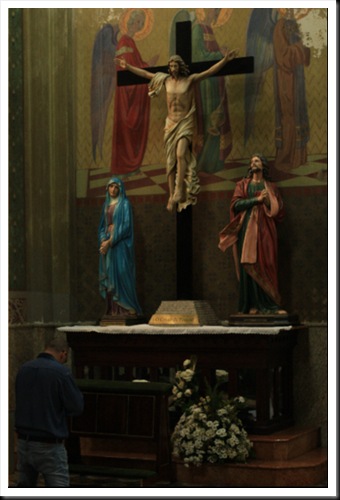
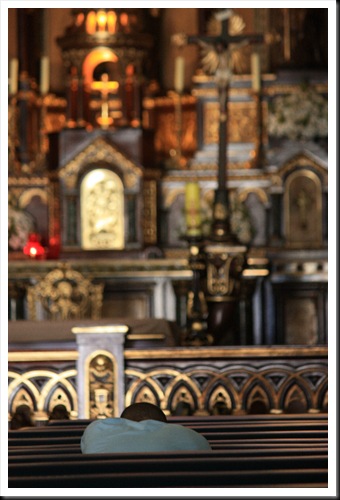 detalhes do altar / high altar details
detalhes do altar / high altar details 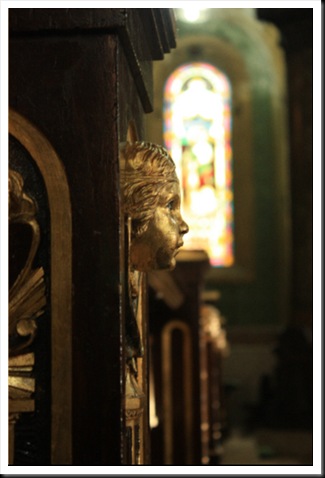
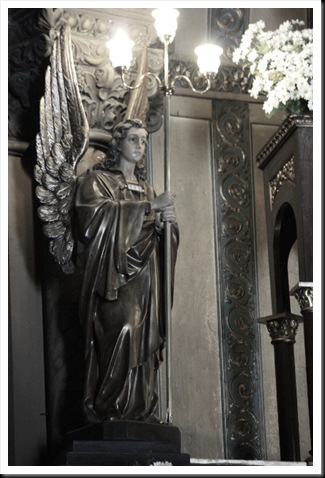


Fonte/Source:
http://www.sampa.art.br/igrejas/consolacao/